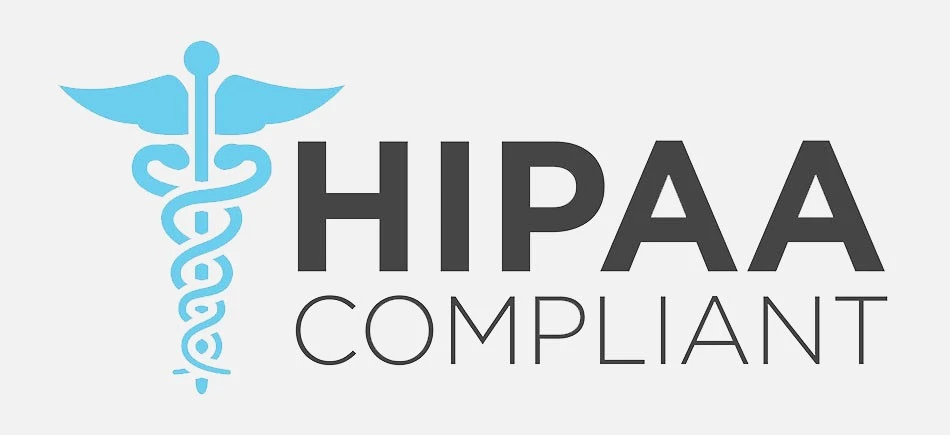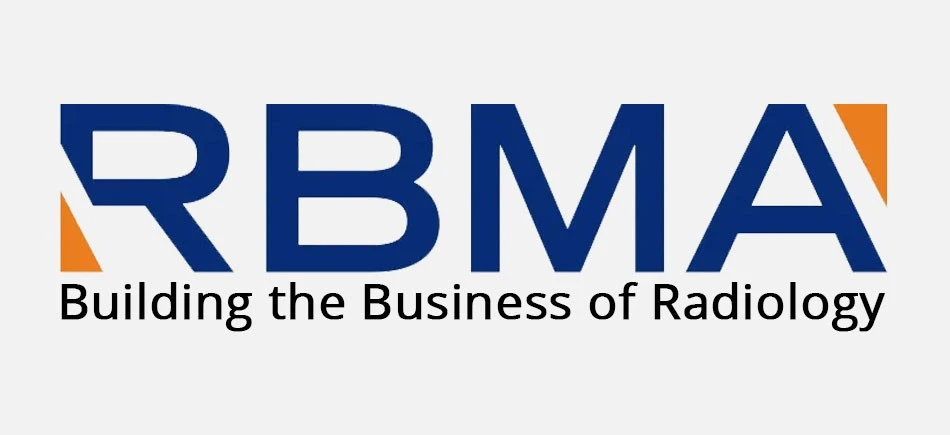Hospital Revenue Cycle Management - Top 10 Challenges and Solutions

If you have ever come across or worked in a healthcare organization, you must be aware of the importance of medical claims and how it can put financial constraints in your revenue cycle when rejected. The administrative work of a healthcare facility is different from other industries as a clinical treatment is not always shorter and prone to complex procedures, starting from a patient's appointment to the account closure.
The non-medical works include taking care of all the documentation, eligibility verification, demographic entry, billing & coding and filing of the medical claims. If a single step is overlooked, the claim will be rejected. Thus, a disorganized revenue cycle management can lead to a stockpile of uncollectible with no proper process to streamline it.
Top 10 Hospital Revenue Cycle Management Challenges and Solutions
-
Coding and Billing

Medical coding & billing are vital for a practice, which, if done correctly and timely can establish a smooth revenue cycle. It demands extreme caution as it is directly related to a practice's income. However, the actual scenario is different. As per the National health insurer report, around 20% of the claims paid are incorrect and the healthcare organizations have to bear a loss in the range of 4%-12% of their total entitled money.
Therefore, to receive the designated amount, your organization must employ well-credited medical coders and billers who are experts in denial resolution, claim follow-up, bill adjustments, claim appeal submission, etc. You can also collaborate with an expert vendor who has expertise in the ICD-10 & ICD 11 coding systems. This way you can safeguard a positive cash flow in your organization, eventually boosting your revenue cycle.
-
Compliance Standards

To protect a patient's personal information from any privacy breach, it is important that your revenue cycle management system works in tandem with the Healthcare Information Portability and Accountability Act 1996 (HIPAA). Health care fraud and abuse laws can result in penalties and severely affect your medical practice. HIPAA mandates -
- Standardization of the medical codes
- A regular compliance audit of the facility
- Electronic filing of medical claims
- Foolproof workstations
- Restricted access control to medical records and access only on a need basis
- Password Protected Access to the Software and Online Coding Software
As a healthcare provider, you must safeguard the privacy, security, and confidentiality of protected health information (PHI) by charging honestly and sticking to all the mandated protocols and guidelines of HIPAA.
-
Interoperability

Information and Communication Technology save a significant amount of time and healthcare cost by expediting the exchange of information between different healthcare landscapes. Physicians, doctors, and clinicians can have access to their patient's data and integrate those data with other records in no time. Yet, interoperability, which is the ability of IT systems and applications to communicate and exchange information is largely unreached.
One of the main reasons for this is the legacy systems which are still functioning in the hospitals. Also, the autonomous nature of health information systems, which have various modules and nomenclature for different process and procedures make interoperability unapproachable.
If you can adopt a standardized healthcare terminology, strategy and usable interface of ICT tools, you can achieve interoperability and mitigate healthcare information technology challenges. Moreover, with continuous changes and updates in the medical regulations, interoperability can solve the data exchange problem across doctors, hospital, lab, patient, and pharmacy to a large extent.
-
Widening Gap between Business and Clinical Side of Healthcare

The non-medical key components of healthcare revenue cycle like insurance verification, coding, and billing, claim follow-up, collections, appeal, payments, etc., fall under the providers' revenue cycle. Thus, every hospital spends a large chunk of their revenue in improving the clinical payoffs by training their clinical and non-clinical staff on the administrative works.
The multidisciplinary activities can frustrate many health organizations, resulting in an ineffective healthcare revenue cycle management.
This can be mitigated by segregating the non-medical works like medical billing from the prime business. This way your doctors, no longer must acquire any new competency outside their clinical settings, which will help them provide more value to patients.
-
Maintaining a Consistent Cash Flow

American Medical Association (AMA) states that up to 10% claims are not paid accurately. A consistent cash flow reflects the financial health of a medical organization. And if the accounts receivables are robust, you do not have to worry. Otherwise, you need to take measures to increase the collections and boost the cash flow.
You can start by identifying the key components of the healthcare revenue cycle and partnering with an expert provider of hospital revenue cycle management services.
-
Data Analytics

Data analytics will play a major role to change the face of the healthcare industry. It can optimize a clinician's time, cash flow, and health information. However, most of the health facilities are slow in capturing the vast untapped potential of data analytics in healthcare. They are still relying on the legacy tools, inexperienced vendors, and non-technical staff.
As a provider, you can save a vast amount of your manual effort required in doing the administrative work by adopting the latest statistical, mathematical, and analytical tools to derive at accurate conclusions. With healthcare data analytics, you can -
- Bring visibility with powerful solutions
- Initiate precision medicine
- Utilize genomics and health data to improve clinical research
- Improve care quality with personalized patient information
- Boost computational medical treatment
- Enhance clinical decision support system
-
Adopting a Patient-centered Approach

As a provider, you can save a lot of revenue by seeking the services of medical billing companies to improve productivity and boost employee utilization. A doctor's time and effort must be towards their patient, not towards the struggling to mitigate the losses in hospital revenue cycle management.
You need to provide better care and value to your patient to keep your hospital running. Also, you need to ensure that you do not clutch your patient too much so that the next time they refuse your service.
-
Maintaining Low Average, A/R Days

One of the key ways to improve healthcare revenue cycle management is optimizing the claim submission process. And, lower the days in A/R, the faster will be the payment. It can maximize the revenue that you are entitled to.
Make a strategy on how to maintain low A/R days. Moreover, create benchmarks on the age of the claims. Most of the days on A/R should remain lesser than 50, and if it shoots up to 90 or 120, you have to follow up on those unpaid claims. You can also identify the patient account that can extend the stipulated time, and segregate those with the rest.
-
Duly Follow-up with Payers

In the USA, around 10% of the claims get rejected on the first attempt. If you do not have an expert team of hospital revenue cycle management, the rejected claims would keep on mounting and you will be left with nothing but a pool of unaddressed claims sitting at your facility for months.
If you duly follow up with your payer, you can identify the gaps in your submitted claims. This will further help you recognize the ways to improve healthcare revenue cycle management -
- Always, consider the difference between the date of service and the date billed
- Cancellations and no-shows
- Reimbursement turnarounds
- Claim denial trends, etc.
-
Staff Training

One of the most important hospitals revenue cycle management challenges is unskilled staff in the health facility. Providing training to your staff (both clinical and non-clinical) can help you with -
- Retaining more employees - as they will develop loyalty to your practice
- Boosting your staff morale
- Improve job-competency
- Providing better value to the patient
Furthermore, as a provider, you should not get mixed with your regular practice and training sessions. If you outsource your hospital revenue cycle management to an expert vendor, you can save a lot of time and resources.
Partner with Outsource2india - The Best Hospital Revenue Cycle Management Services Provider
Outsource2india offers complete hospital revenue cycle management services in India, covering more than 9 specialties and 24 healthcare process domains. Our team of expert healthcare support executives serves 387 physicians & healthcare providers across 27 States in the USA. A HIPAA compliant healthcare service provider, O2I excels in the assorted disciplines of the healthcare organizational solutions and offers end-to-end hospital revenue cycle management services for healthcare providers and payers. Our services can help in reducing healthcare operational costs while streamlining the healthcare revenue cycle management at the same time.
We can help you overcome the hospital revenue cycle management challenges posed by the healthcare industry by adhering to the highest ethical, legal and practical business standards of the healthcare industry. We have a track record of numerous successful projects and a joyous client base of over 18488 customers spread worldwide in the short period of 26 years.
Get in touch with us for a free assessment and know how we can become your partner of choice in the field of hospital revenue cycle management.
Get a FREE QUOTE!
Decide in 24 hours whether outsourcing will work for you.
Have specific requirements? Email us at: ![]()
Key Differentiators
Software At O2I Healthcare
Specialties HIPAA Compliance HIPAA 5010
Standards Compliance CPT Coding
Compliance Healthcare
Processes Medical
Billing Process Charge
Entry Process Medical
Coding Process Medical
Claims Process FAQs on Medical Accounts
Receivable Services FAQs on Outsourcing
Claims Adjudication Services Medical
Transcription Process HL7 ICD-10 Compliance
-
 Outsourcing Medical Billing Services - Evaluating its Impact on Your Practice
Outsourcing Medical Billing Services - Evaluating its Impact on Your Practice
-
 US-based Healthcare Research & Consulting Firm Approached O2I For Medical Transcription Services
US-based Healthcare Research & Consulting Firm Approached O2I For Medical Transcription Services
-
 Outsource2india Provided Patient Onboarding Services to a Leading Healthcare Company
Outsource2india Provided Patient Onboarding Services to a Leading Healthcare Company
-
 Outsource2india Assisted a Florida-based Medical Billing Company with ICD-10 Implementation
Outsource2india Assisted a Florida-based Medical Billing Company with ICD-10 Implementation
-
 Caribbean Radiologists Got STAT Reports Automation Services from Outsource2india
Caribbean Radiologists Got STAT Reports Automation Services from Outsource2india
-
 Outsource2india Helped a Medical Imaging Firm with Quick Teleradiology Services
Outsource2india Helped a Medical Imaging Firm with Quick Teleradiology Services

















 \
\






